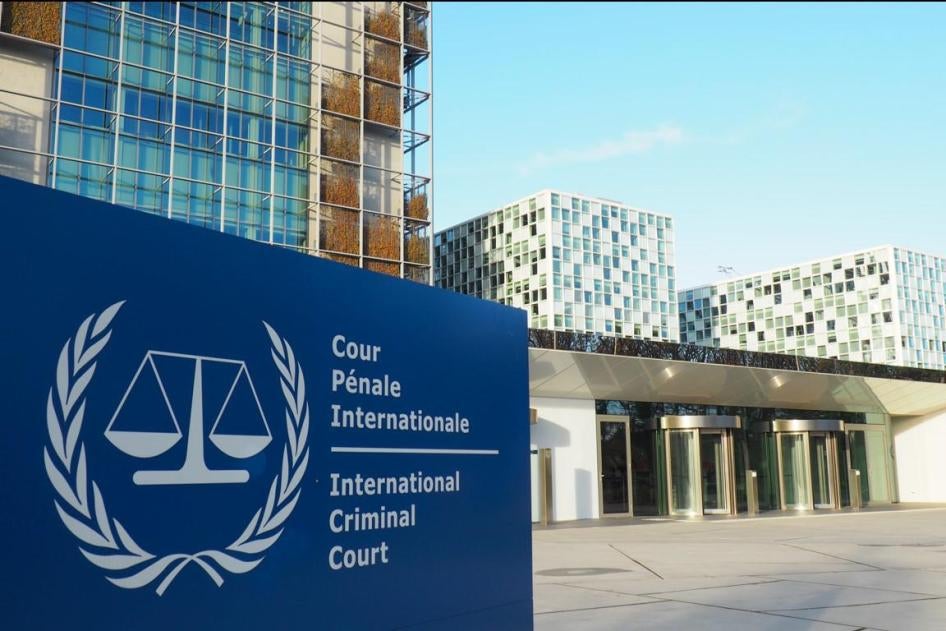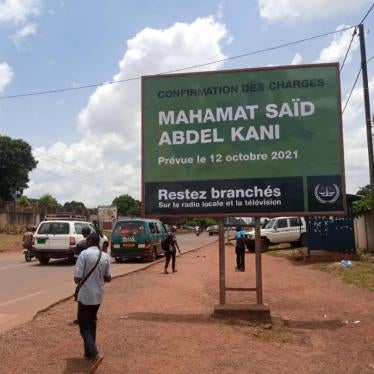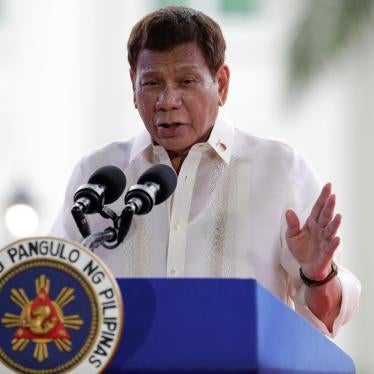Further leadership changes are underway at the International Criminal Court (ICC) as its member countries approach the December election of the court’s next deputy prosecutors.
On October 10, ICC prosecutor Karim Khan submitted two shortlists of three candidates each to member countries, following the review of 177 applications. Khan, who was elected in February to succeed Fatou Bensouda, is seeking the election of two deputy prosecutors. If member countries agree, this would be the first time the court will have two deputy prosecutors since 2007. Like the prosecutor, deputy prosecutors are ordinarily elected to nine-year nonrenewable terms.
Ensuring the court benefits from the highest quality leadership in its elected officials is one of the key responsibilities of ICC member countries.
Following the court’s recent prosecutor election process, member countries are looking at ways to strengthen future elections. One notable gap in that process was the absence of professional vetting to assess candidates’ “high moral character,” a requirement for the prosecutor mandated by the ICC’s Rome Statute that deputy prosecutors also must fulfill. An independent expert review of the court detailed a culture of fear and distrust among court staff that included accounts of bullying and harassment.
To help fill the vetting gap for this election, the president of the court’s Assembly of States Parties and the prosecutor agreed on a “due diligence” process consisting of a candidate questionnaire, background checks overseen by the prosecutor, and use of the court’s Independent Oversight Mechanism to assess any allegations of misconduct against shortlisted candidates submitted through a confidential channel. While a step forward, this due diligence mechanism was established quickly and without civil society consultation. ICC member countries should assess how this ad hoc process works and then establish a permanent process next year applicable to the election of all ICC officials.
For now, it’s important to ensure that the due diligence process work as well as it can ahead of the December election. Individuals have a narrow window of 14 days following the publication of the shortlist – until October 24 – to submit information to the confidential channel. ICC member countries should demonstrate their commitment to the process by taking steps to widely publicize the shortlisted candidates and the availability of the confidential channel.










